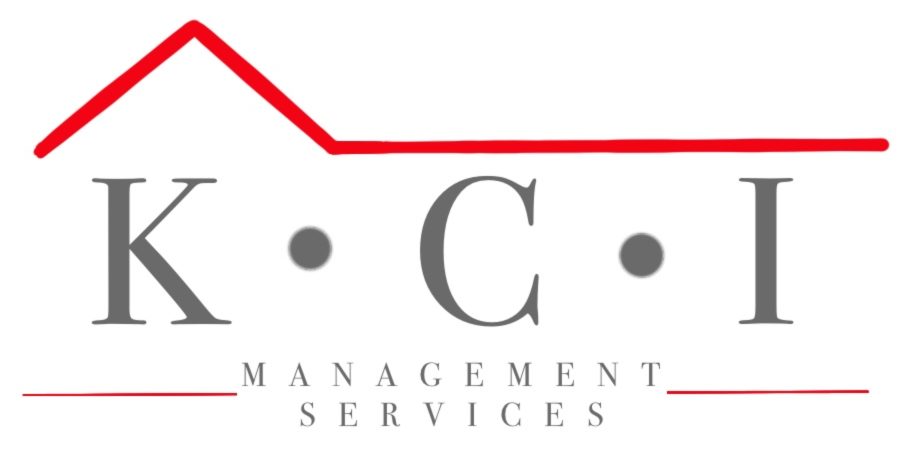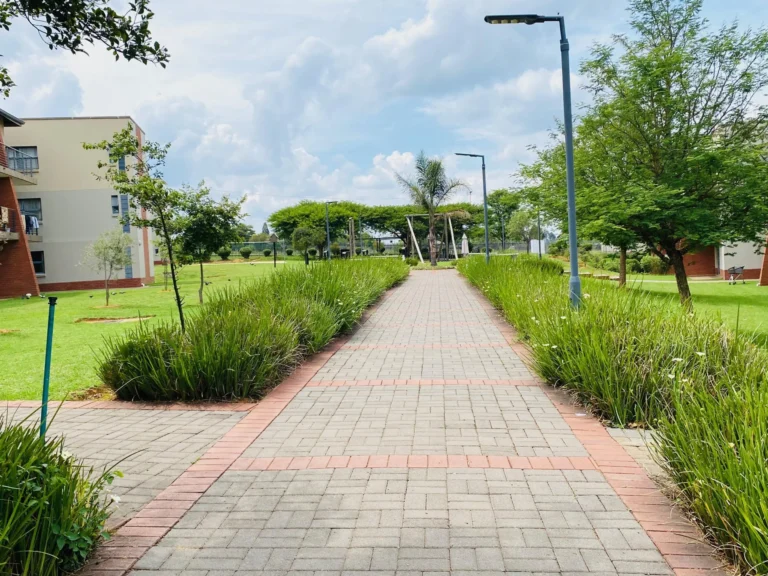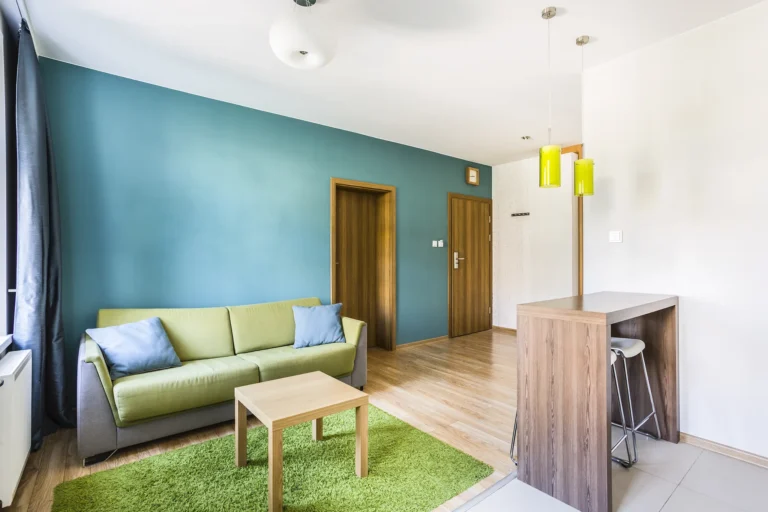A Student’s Guide to Cost of Living

One of the most valuable lessons you can learn in university is the value of money. The cost of living in South Africa is ever changing with things seemingly getting more expensive as each day passes. Here are some tips on how to think about your cost of living and how to be savvy with your money. Because while things are expansive there are opportunities for savings to be made if you look in the right places.
University expenses and cost of living
Starting off, one of the most important things to budget for first would be your university expenses. This includes the cost of textbooks which are notoriously expensive. Most of what you will be studying will likely be offered in a digital format, but you might have to print some things for a presentation or submission and that does not come free. Finally, you also need to think about any stationery and equipment you might need and what they might cost.
If you are the type of person who needs to work off a hardcopy then it is worth investigating what works out to be cheaper between using MSA’s printing services, using the services offered by the like of Postnet and buying your own printer and ink.
Pro tip: Regarding textbooks, they will be cheaper if you get them second hand from students who have already completed the course you are about to undertake. If you don’t want to buy the textbook, then make use of the library. The IIE MSA library should have most of the prescribed textbooks on its shelves that are ready for use. Finally, if you need to have a textbook and can’t find any second hand or in the library think about buying a digital version of the book. Digital textbooks are significantly cheaper than printed ones.
Regarding stationery and equipment, you might need, Apple offers student discounts on the MacBook Air if you have a proof of enrolment then you are eligible.
Accommodation expenses
Your biggest accommodation related expense will be rent. Different accommodation options will be priced differently depending on what they have to offer and where they are located. A place that is fully furnished will be more expensive than a place that is unfurnished. What you need to do is figure out if the cost of living and cost of furniture or moving furniture from home is worth it or not. Using the laundromat will likely come at a cost as well (this is the case at KCI at R10 per load) Therefore, you need to be clever about when you do your laundry.
Utilities are another big expense that you need to take not consideration. Some paces have the utilities built into the rent and others do not it is important that you get clarification before you move in so that you know what expenses to expect. At KCI you pay for water once-off for the year and the electricity is prepaid, costing approximately R150 per month (depending on usage).
If you are staying in private accommodation that is not specifically catering towards, students, you might also have to pay for your own internet so just remember to keep that in mind.
Groceries will be a constant expense that you need to deal with. There are a couple of ways to save money on this front. Firstly, make use of rewards cards. These handy little cards allow you to take full advantage of any specials that the grocery store might be running and if you collect enough points, you can use them to pay off some of your grocery expenses.
Second, buy the store brand instead of the name brand. Third, don’t buy your groceries at expensive grocery stores or convenience stores. Woolworths is pricy. Buying fruits and veggies there is understandable given that you are sure about quality but other items you can get at Pick n Pay or Spar.
Pro tip: use your own tote bags instead of getting plastic bags. Yes, they only cost about R1,50 but it all adds up over time. Also pay to wash your laundry and instead of paying to use the dryer hang dry your clothes. It is both free and better for your clothes.

Personal Expenses
Toiletries are the perfect thing to buy in bulk. For the most part toiletries do not expire quickly and so it is worth it to bulk buy them and know that you are set for the year and don’t have to think about it again. When it comes to items like skincare you can give yourself a little more leeway. This is where you can buy the name brand that works for you instead of going for a generic.
Make sure that you can afford the medications you are going to need. If you know you are prone to flu in the winter or hay fever in the spring, then ensure that you have enough money to be able to buy the medication you know works for you.
Self-care and grooming are an important investment. Whether it be doing your hair or getting your nails done, make sure to budget for it. The same can be said for clothing. While we don’t encourage getting a whole new wardrobe every couple of months, there is nothing wrong with getting a coat or hoodie when you need one in the winter or sunglasses for the harsh sun in the morning and afternoon.
Pro tip: If you are a first year, make sure that when you move into res you come with cold/flu medication already packed. Chances are you are going to get the infamous fresher’s flu during o-week and it’s best to be prepared.
Lifestyle Expenses
Going to the gym is always good. It benefits your physical and mental health and so it is a worthy investment. If you are they type of person who only does cardio and some light weight-training, then make use of the IIE MSA gym with fees that are cheaper than a commercial gym.
If, however, you need a fully equipped gym then Planet Fitness is only 1.4km away from the Village and has student discount that gives you access to gyms all around the country.
If you live off campus, then you need to factor in the cost of travelling. Whether it’s Uber, buses, taxis or you’re driving, it all comes at a cost. You would need to budget for you travelling fare or for petrol.
Depending on where off campus you live you might have access to your university shuttle. If the times work for you then that would be a good way to save on travelling costs. If you live near some of your friends who also drive, then you could all take turns carpooling to campus.
Finally, the one thing everyone is super happy to spend on is fun. We can’t be serious all the time so make sure to set aside some fun money, this would cover things like nights out, movie tickets, late night Ubers back to res and the like. All this needs to be budgeted for. It is very easy to overspend in the fun department, so it is very important that you keep to your budget.
Emergency Fund
If there is one thing that is guaranteed is that life is unpredictable, so it is of the utmost importance that you have an emergency fund. There’s a saying that goes not having an emergency fund is in and of itself an emergency.
It might be unexpected medical expenses, a sudden car repair or maybe you need to replace a lost or broken item like your laptop or phone. It is important that you have some reserves to draw from in these situations.
Final Thoughts
Being a student is an exciting time in one’s life but if you’re not paying attention, it can get very expensive very fast. Therefore, keep an eye on how you spend your money and when savings opportunities come around make sure to take full advantage of them as the cost of living is continuously growing. Budgeting is quite the learning curve, but it is a valuable life skill that you will have to develop at some point and there is no better place to do that than when you are living in res and must manage your own finances for the first time.






